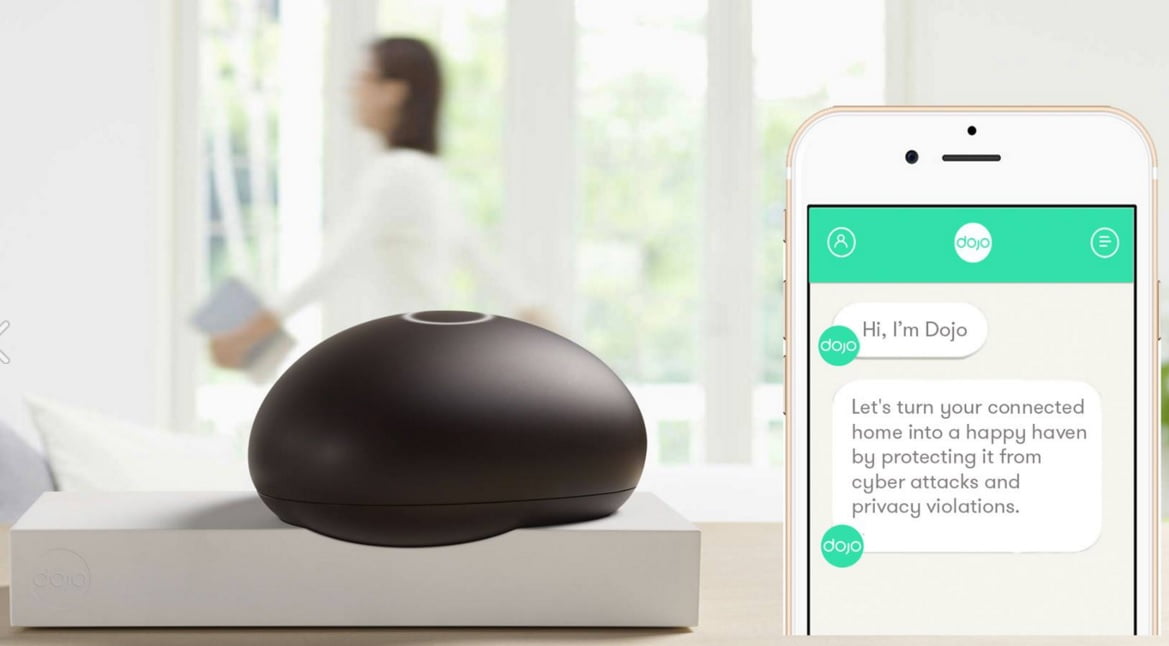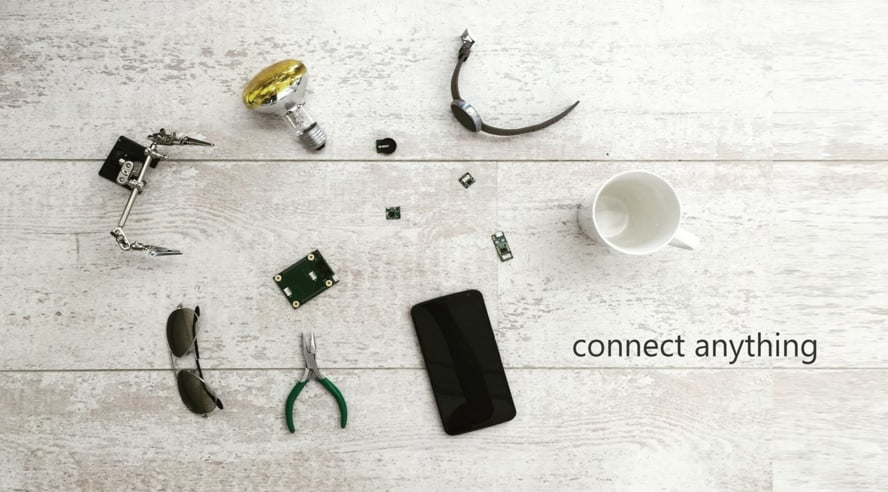As the Internet of Things (IoT) revolution gathers pace, we will soon be living in a world where virtually everything is connected to the internet and the cloud – cars, homes, televisions, coffee machines, and even our showers. “Even babies are controlled by the Internet,” Israeli cyber-security guru Gil Shwed said recently at Israel’s CyberTech conference, referring to a WiFi-enabled crib he had bought.
The increase in wireless connections among objects and people is phenomenal. Research firm Gartner estimates that the number of connected devices and objects will grow from 6.4 billion in 2016 to nearly 21 billion by 2020 – and that excludes smartphones, tablets and computers.
The numbers are undoubtedly staggering, and Israeli companies are significantly contributing to these statistics. According to venture capital firm Innovation Endeavors, there are roughly 330 Israeli IoT companies in a myriad of markets, such as AgTech, healthcare, transportation, smart homes, and consumer products ranging from sportswear to pet care.
But while the IoT world will be one of convenience, efficiency, and automation, would you still buy a smart baby crib if you knew that a hacker could tamper with its settings? Would you sit in a self-driving car knowing that it could be cyber attacked? In 2015, two American engineers demonstrated that they could remotely disable the accelerator of a jeep on the highway, showing that hackers can wreak havoc with so many connected cars already on the roads today.
Fortunately, several Israeli companies are developing solutions to counter this real threat. One of the most prominent companies is Argus, which focuses on automotive cyber-security solutions that protect connected cars from being controlled by external agents. The firm raised $30 million in 2015 alone.
Another Israeli startup, Karamba Security, offers a cyber-security solution called Carwall, which secures a vehicle’s engine control unit by detecting and preventing all computer operations that deviate from the original factory settings of the unit. Israeli firm GuardKnox provides automotive cyber-security solutions based on similar solutions used in Israeli fighter jets and the Iron Dome system.
Securing smart homes
Data privacy is also an inherent IoT problem. In a smart home, every connected device is a gateway to a person’s private data stored on smartphones and computers, since all devices share the same Wi-Fi network. As more IoT products hit the shelves, manufacturers will need to assure consumers that their products are safe from hackers.
This is where Israeli company Dojo Labs comes in. Dojo provides consumer security and privacy solutions for IoT devices in smart homes. The company has created a slick, pebble-like device that connects to smartphones via an app. The Dojo monitors all data sent by IoT devices at home – smart TVs, smart fridges, smart toasters, etc. – and flags devices that are sending out abnormal amounts or types of data. This could mean that a hacker has taken control over the device.
For example, the Dojo will alert you if your fridge is sending out a video file or your toaster is transmitting an audio file, which are abnormal data transfers – these appliances are simply not supposed to do that.
Another data protection solution for smart homes is provided by Israeli company SecuriThings. Its platform integrates with all cloud-connected devices in a network to monitor their activities, provides an overview of cyber-threats, and protects against unauthorized access. The system extends beyond smart homes to secure smart buildings, smart cities, and industrial systems as well.
Safer connections are key
In the IoT world, many devices will be connected to the internet through public Wi-Fi networks, many of which are unsecured. In just two seconds, hackers can introduce malware or steal private information from any device connected to public Wi-Fi hotspots. To counter this growing threat, Israeli startup SaferVPN automatically connects any device to a secure virtual private network (VPN) the moment the device connects to public Wi-Fi, thus enabling anonymous and encrypted web surfing.
Sign up for our free weekly newsletter
SubscribeSEE ALSO: How Israeli Cyber-Security Startups Are Battling The World’s Riskiest Online Hacks
The IoT era will also require secure pairing of devices. Israel’s Secret Double Octopus has created a wireless communication protocol that allows secure communication between devices based on what it dubs “Secret Sharing.” Data on one device are cut into random bits of information, which travel via multiple routes across the Internet, and get reassembled at their destination device. The company claims that this flow of data cannot be hacked.
As more IoT devices are connected to company and government networks, there needs to be a system to monitor new items and new connections. Israel’s ForeScout has created an automatic solution to this problem – a software platform which immediately recognizes and monitors IoT devices the moment they connect to a network.
Protecting drones from hackers
Another IoT device that needs security is the drone. Unmanned aerial vehicles are already being used in agriculture, construction, 3D mapping, and e-commerce. For example, Amazon has developed its own aerial delivery service called Prime Air, while Israeli startup Flytrex offers drone delivery solutions for businesses. While drones offer an exciting array of possibilities, they can be dangerous if controlled remotely by hackers.
SEE ALSO: ‘Flytrex Sky’ Personal Delivery Drone Will Ship Goods To Your Location Within Minutes
Fortunately, Israeli startup RegulusX is developing a solution to protect commercial drones from cyber threats. Its solution aims to prevent hackers from meddling with the navigation, communication and computing systems of drones, so that businesses can rest assured their drones will keep to their programmed path.
Caution is insufficient
Israeli startups are at the forefront of the IoT revolution. For instance, PointGrab has developed smart sensors that track human activity in smart buildings, and Seebo aims to turn any ordinary object into a smart one. But the success of such companies is only possible in a secure cyberspace. After all, every new connected device increases the attack surface for malicious hackers.
Cyber-security experts frequently encourage the general public to use internet-connected devices with caution, whether by using passwords, encrypted connections or anti-virus software. But as the IoT bandwagon crosses uncharted territory, caution is insufficient without the necessary security tools, many of which are being developed in Israel. In the eyes of Israeli cyber-security pioneers, the future belongs not only to those who create it, but also to those who secure it.
Photos and videos: Atomation, wilgengebroed, Dojo Labs
Related posts

Editors’ & Readers’ Choice: 10 Favorite NoCamels Articles

Forward Facing: What Does The Future Hold For Israeli High-Tech?

Impact Innovation: Israeli Startups That Could Shape Our Future










Facebook comments